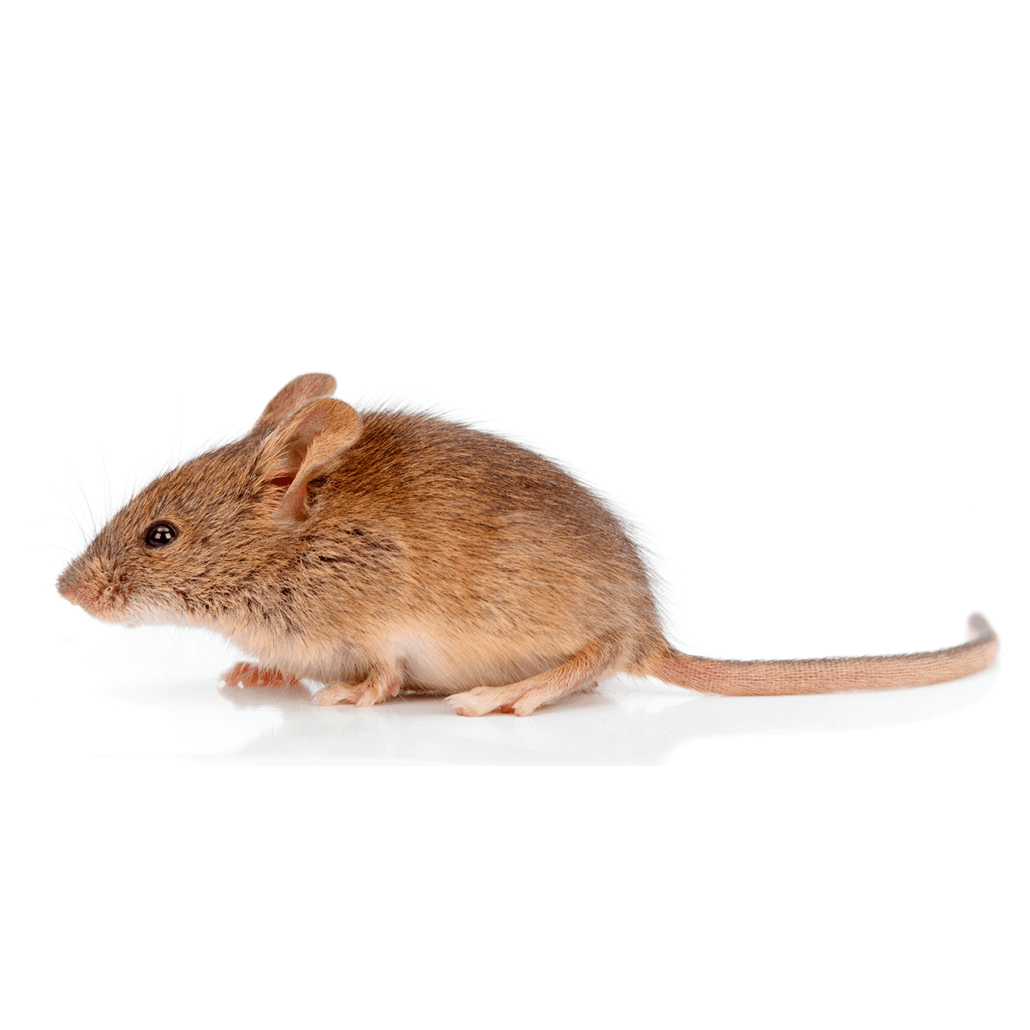Common Pests of Central Texas

House mice prefer to eat seeds and insects, but will eat many kinds of food. They are excellent climbers and can jump up to a foot high, however, they are color blind and cannot see clearly beyond six inches.
House mice live in structures, but they can survive outdoors, too. House mice prefer to nest in dark, secluded areas and often build nests out of paper products, cotton, packing materials, wall insulation and fabrics.
Micro droplets of mouse urine can cause allergies in children. Mice can also bring fleas, mites, ticks and lice into your home.
To keep mice and other rodents out, make sure all holes of larger diameter than a pencil are sealed. Keep areas clear and store boxes off of the floor because mice can hide in clutter. Don’t overlook proper drainage at the foundation and always install gutters or diverts which will channel water away from the building to prevent ideal conditions in which house mice can nest. Regularly inspect the home for signs of mice including droppings, gnaw marks and damaged food goods. If you suspect a rodent infestation, contact a licensed rodent pest control professional to treat and get rid of house mice.